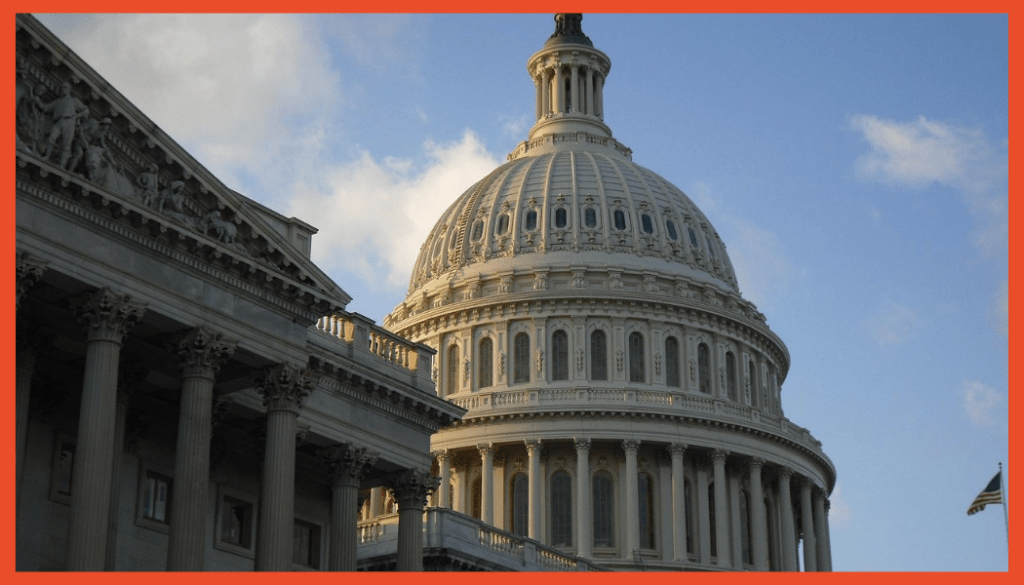As Artificial Intelligence (AI) rapidly transforms industries across the globe, the United States is striving to maintain its position at the forefront of AI innovation. Although the US does not have a unified AI Act, various federal and state-level initiatives are in place. These initiatives encourage innovation while addressing AI’s potential risks.
Key US Policies Driving AI Leadership
The National Artificial Intelligence Initiative Act of 2020
The NAII, signed during President Trump’s first term, aims to enhance AI research and development across federal agencies. This legislation promotes AI advancements through strategic funding and collaboration between the public and private sectors. It ensures the nation remains competitive in AI innovation.
Bipartisan House Task Force Report on AI (2024)
Published in December 2024, the Bipartisan House Task Force report provides recommendations for future AI policy. It stresses the need to balance safe AI development with continued innovation. The report outlines key actions and principles that Congress should consider. These are intended to foster responsible AI growth.
Executive Orders Under President Joe Biden (2023-2025)
President Biden introduced several executive orders aimed at regulating AI. These include the Executive Order on Safe, Secure, and Trustworthy AI and the AI Bill of Rights. These initiatives focus on mitigating AI risks while promoting ethical use. However, when President Trump took office in January 2025, many of these policies were revisited and, in some cases, revoked.
The Executive Order on Removing Barriers to American Leadership in Artificial Intelligence (2025)
In January 2025, President Trump signed an executive order to eliminate regulations seen as obstacles to AI development. This policy creates a more flexible environment for AI innovation. It removes excessive oversight and allows AI systems to evolve without hindrance.

State-Level AI Legislation
Given the fragmented nature of AI regulation in the US, several states have introduced their own AI laws:
The Colorado AI Act of 2024
Drawing inspiration from the EU’s AI Act, the Colorado AI Act adopts a risk-based approach to AI regulation. It focuses on ensuring transparency and proper documentation for high-risk AI systems. The goal is to manage AI deployment responsibly and effectively.
Illinois Supreme Court’s AI Policy (2025)
Effective from January 2025, the Illinois Supreme Court’s AI policy integrates AI into the judicial system. This policy provides ethical guidelines for AI use in legal proceedings. It ensures accountability and preserves judicial integrity.
The Path Forward
While the US has yet to establish a comprehensive AI Act, federal initiatives like the NAII and state-specific regulations show a growing commitment to regulating AI responsibly. These efforts aim to balance the drive for innovation with the need to manage risks. Recent executive orders, particularly those signed by President Trump, focus on positioning the US as a global leader in AI development while managing its ethical challenges.
How 360 Business Law Can Help
At 360 Business Law, we are committed to keeping our clients informed and compliant with the evolving landscape of AI regulation. Our expert team offers legal guidance tailored to AI businesses. We help you navigate the complexities of both federal and state-level policies. As AI continues to shape industries, we ensure that your business stays ahead, compliant, and positioned for success.